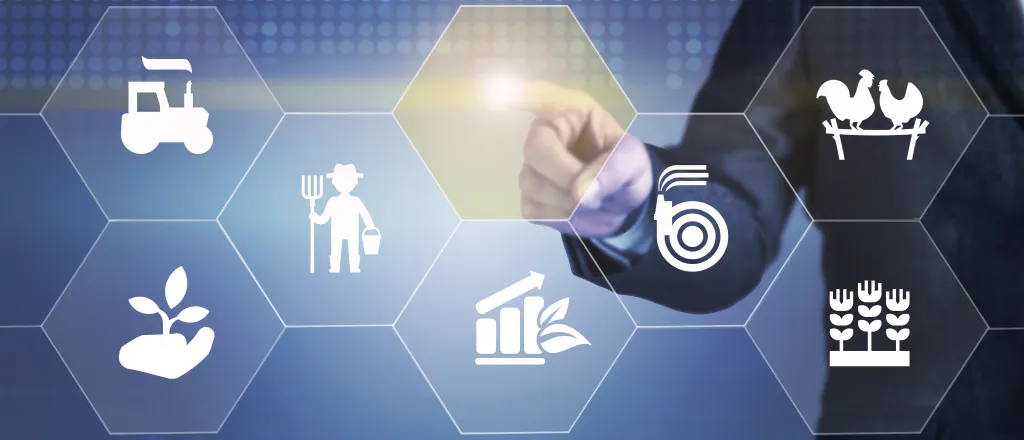
Report: Increasing accountability, sustainability in Farm Credit System
© iStock - denizbayram
Click play to listen to this article.
(North Carolina News Service) A new report is calling for greater accountability in the system providing funding to farmers in underserved communities.
The research takes a dive into the Farm Credit System, examining the risks and suggesting improvements to make the system more fair and more sustainable.
Joshua Humphreys, president and senior fellow of Croatan Institute, a farmer and lead author of the report, said despite the Farm Credit System making around 45 percent of all agricultural loans, there is no transparency in how much of the funding goes to small, midsized or socially disadvantaged farmers.
"Minority homebuyers were deeply underserved, yet no data demographically related to race, ethnicity, or gender along the lines of other equal lending opportunity sectors are provided," Humphreys observed.
According to the report, most of the Farm Credit System loans go to very large operations, and fewer than 20 percent to small or beginning farmers. Humphreys argued the findings can be an opportunity for the system to address the disparities.
The report also points to the system's lack of climate-related reporting, and suggests ways to make sustainability a bigger priority in lending. For the last several decades, farmers have dealt with increased risks from rising temperatures and more frequent severe storms to wildfires.
David Beck, director of policy at Self-Help Credit Union and a contributor to the report, said that as Ag's Government Sponsored Enterprise, Farm Credit should be doing more to help farmers to transition to more eco-friendly practices.
"For instance, helping small farmers or even larger farmers switch to more regenerative ag practices that can require a lot of upfront cost," Beck suggested. "Maybe helping subsidize that switch to more sustainable ag systems."
The research touched on some governance issues as well, like board members serving expired terms. Humphreys emphasized the challenges must be addressed, as taxpayers ultimately would bail the system out in the event of a crisis.
"Agriculture is not immune from a wide array of environmental, social and governance risks and opportunities," Humphreys noted. "I think that's the key takeaway, is that we really want to encourage the Farm Credit System to end its laggard position among government-sponsored enterprises."
The report recommends conducting more climate research, implementing Green and Impact Bonds, and establishing a grant set-aside program through a congressional mandate.
















